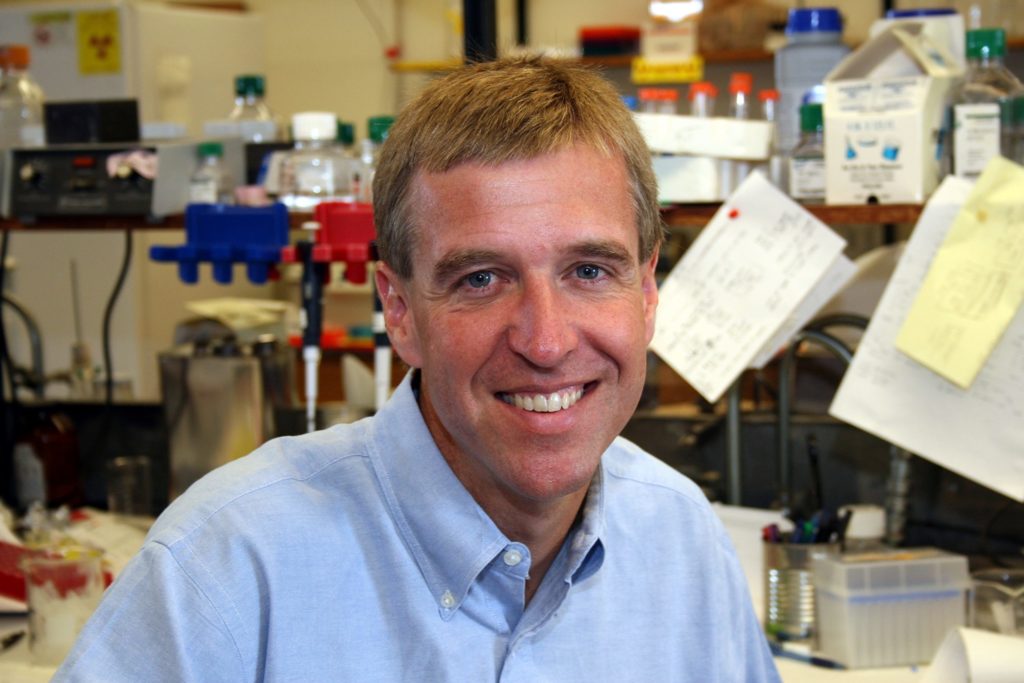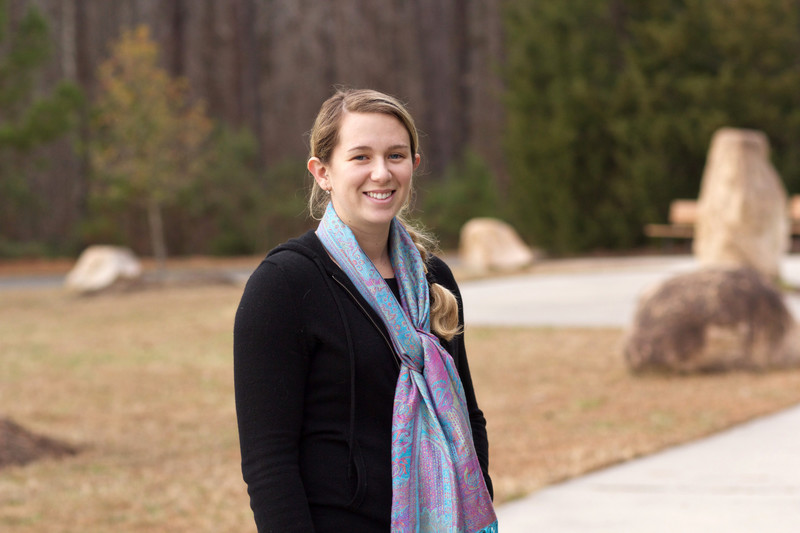The University of North Carolina at Chapel Hill is home to one of the highest ranked HIV/AIDS programs in the country, with dozens of researchers working toward new prevention strategies, reducing stigma, and finding a cure in the global fight against AIDS. Their expertise and wide-ranging findings will be showcased at the XIX International AIDS Conference, to be held July 22-27 in Washington, D.C.
Sudanshu “Ashu” Handa, professor and chair of public policy in the College of Arts and Sciences, will present an oral abstract at the conference on the effects of a cash transfer program on HIV risk behavior in Kenya. See related story.
Research from every corner of the UNC campus will be represented at this global conference, whose theme this year is “Turning the Tide Together.” The conference attracts delegates from nearly 200 countries every year, including 20,000 to 25,000 scientists, policy makers, and others committed to ending one of the greatest infectious disease challenges of this century.
“The HIV/AIDS epidemic is a complex problem that requires multipronged, multidisciplinary solutions,” said Charles van der Horst, professor of medicine and director of the infectious disease fellowship program at the UNC School of Medicine. “UNC faculty and students from across the campus have once again stepped up to the challenge. With more than 100 abstracts, they are presenting the results of research studies and implementation of new care models in a plethora of papers on all aspects of the AIDS pandemic.”
In the 30 years since the first AIDS patient was admitted to UNC Hospitals in 1981, the University has been involved in battling the epidemic, building a robust and diverse research and clinical care program that reaches across North Carolina and around the world. The research being presented at the upcoming conference was conducted in more than 10 countries, including the Dominican Republic, China, Kenya, Malawi and Zambia.
Van der Horst has been at UNC since the early days of the epidemic. In Washington, he will present ongoing clinical findings of a five-year study on the prevention of mother-to-child transmission of HIV, also known as the BAN Study.
New data from the landmark HIV Prevention Trials Network 052 study, which examines the HIV treatment as prevention strategy, will also be presented in Washington. The study, which is chaired by Myron Cohen, J. Herbert Bate Distinguished Professor of Medicine, Microbiology and Immunology and Public Health, was named the 2011 Breakthrough of the Year by the journal Science.
Anna Cope, a doctoral student in epidemiology in the Gillings School of Global Public Health, will present on high-risk sexual behavior in people diagnosed with acute HIV. David Wohl, an associate professor of medicine, will participate in a satellite session on HIV in the corrections system.
This year marks the first time in 22 years that the conference has been held in the United States, said van der Horst. The International AIDS Society voted to hold the conference in the United States after President Barack Obama lifted entry restrictions on people infected with HIV.
“The return of the International AIDS Conference to the U.S. is a historic occasion, a time for celebration of achievements made, and reflection on the hurdles that remain,” said van der Horst. “We should all be proud.”



